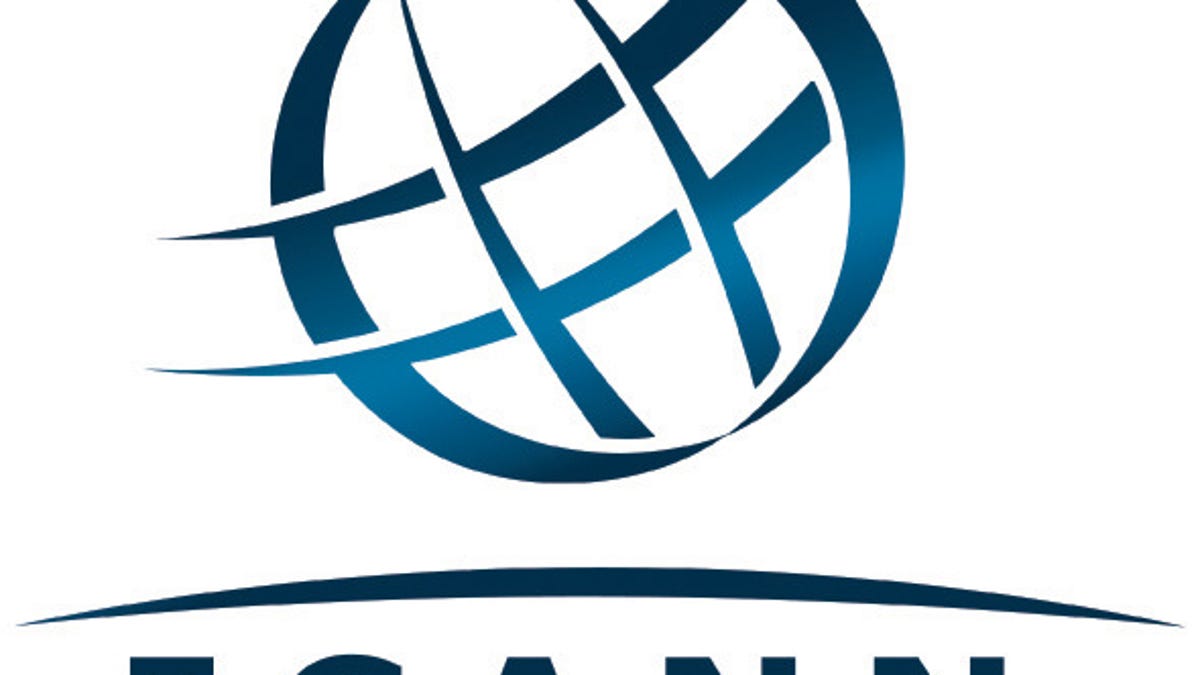Net powers: IPv4 is over. All hail IPv6!
Executives from ICANN and beyond watch the last current-generation Internet addresses depart--and warn about consequences of extending the IPv4-based Net.

The Internet's overseers bid adieu to the last 83.9 million addresses needed to connect devices to today's Net--then took advantage of the moment to evangelize the next-generation Internet and the dangers of life support for today's Net.
Today's Internet is wired up with a technology called Internet Protocol version 4, or IPv4, which comes with 4.3 billion addresses to send data from one computer to another. That's a lot, but it's not enough, so now the move to the vastly more accommodating IPv6 is beginning in earnest.
"This is one most important days in the history of the Internet. A pool of more than 4 billion Internet addresses has just been emptied this morning," said Rod Beckstrom, chief executive of the Internet Corporation For Assigned Names and Numbers (ICANN), at press conference today in Florida.
The Net won't change immediately, but IPv6 will gradually become the way everything on the Net is connected.
"We can think of it as generational change," said Lynn St Amour, CEO of the Internet Society, which handles some Internet standards and advocacy issues and is organizing World IPv6 Day to iron out bugs on June 8. "The older previous generation doesn't go away, and has a lot to contribute, but it is the new generation that carries the future."
As IPv4 addresses have become more scarce, technologies such as network address translation (NAT) have sprung up to share a single address among multiple devices. That's been useful--but it has a pernicious effect of fragmenting the Internet behind an increasing number of network devices. The big message from today's conference was that only IPv6 will fulfill the promise of the Internet.
To maintain use of IPv4, "we'd need to spend increasing resources operating an increasingly brittle and nontransparent network," said Olaf Kolkman, chairman of the Internet Architecture Board. "Such an Internet is likely to grow increasingly less capable of serving our needs today. Rather than maintaining the status quo, the IPv4 Internet is likely to degenerate. If you get too many layers of [network translation], you cripple your ability to do end-to-end communications. Accessing a Web site might be possible, but accessing a file-sharing protocol or hosting your own content may become more and more difficult."
St Amour concurred: "The fundamental key to the Internet's success is the unification of networks through universal access. That must continue to ensure the Internet does not become balkanized and does not disadvantage new entrants to the Internet."
How might that affect the real-world use of the Net?
"It might be very hard to make your Skype phone call, to do file sharing, to do those things we haven't dreamt of," Kolkman said.
And those who ignore moving their Web sites to IPv4 risk missing out on new arrivals to the Internet who'll use IPv6, he added.
"There are now 2 billion people who connect to the Internet. We've got 6 billion people in the world who want to connect themselves and their devices. That is simply not possible with IPv4. It's just not doable," Kolkman said. "The business impact if you don't make the transition is the next 2 or 3 billion customers will run IPv6 only and will not be able to do business with you."
Updated 9:18 a.m. PT with further commentary.

